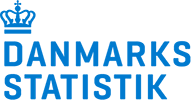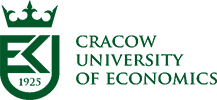LATVIA – Migration and demographic patterns in Central-Eastern Europe
This report is a part of deliverable “D.6.2. Report on migration and demographic patterns in the EU CEE countries and potential source countries” from the project FUME – Future Migration Scenarios for Europe (870649), financed with the Horizon 2020 programme. In particular, this country report focuses on critical analysis of immigration data from Latvia. The analysis consists of an overview of stock and flow data on migrants including such dimensions as age groups, gender, country of origin, education levels and length of residence. This report is a first step in an analytical exercise which aims to determine migration potential from and to Latvia and furthermore, to provide necessary data input for fine-tuning of the FUME migration projection model.
The report presents the historical framework of this transformation, major national groups of immigrants and their demographic structure. It also provides critical analysis on the validity of various statistical sources of data and draws some initial conclusions on the temporality/permanent nature of immigrants in Latvia.
Latvia, as other Baltic states shares some similar patterns of migration due to common history, including Russian and Soviet political dominance, political oppression during the communist times and settlement policies within the USSR. Nevertheless, its migration history resembles more Estonian than Lithuanian case. This is due to a relatively large Russian-speaking population which is still perceived as a problematic issue when it comes to assimilation and integration policies. However, when it comes to emigration Latvia has experienced a much more intensive outflow of its population: it is estimated that in the first 2 decades of 21st century the country has lost almost 17% of its population due to out-migration. Thus, Latvian authorities are now devoting a lot of attention to develop an active diaspora policy that would engage Latvians living abroad in the social, political and economic matters of their home country.









